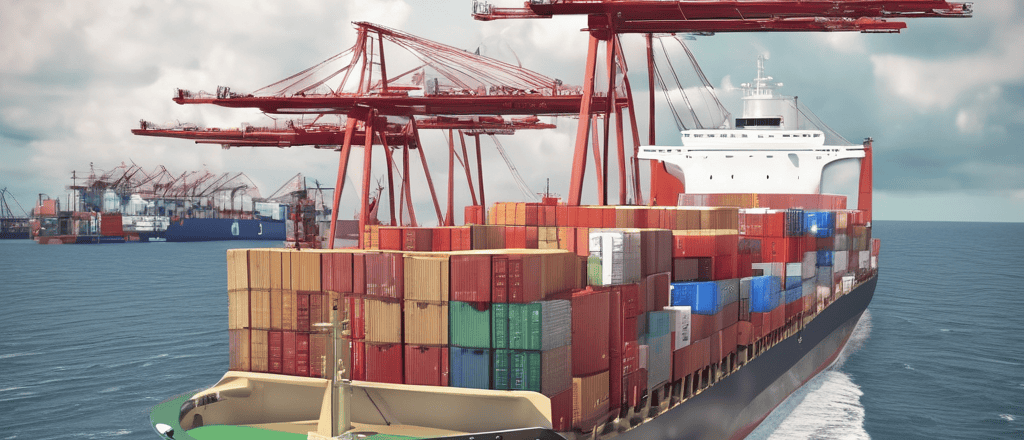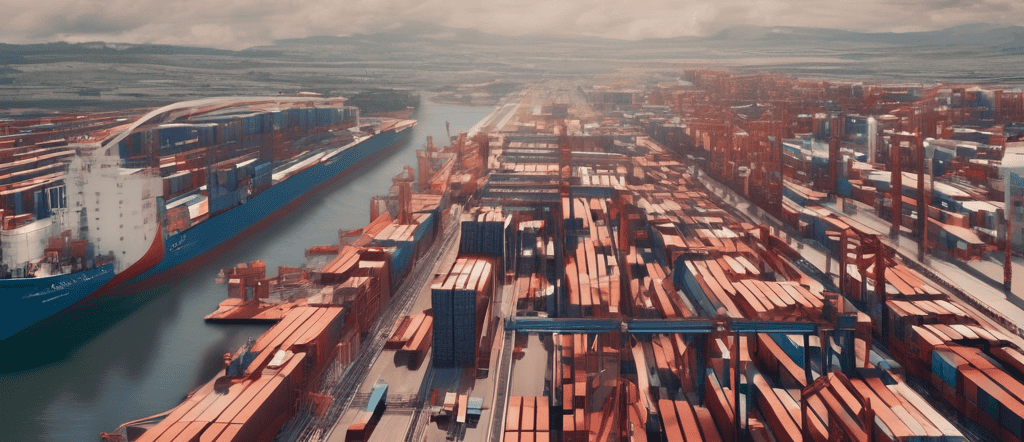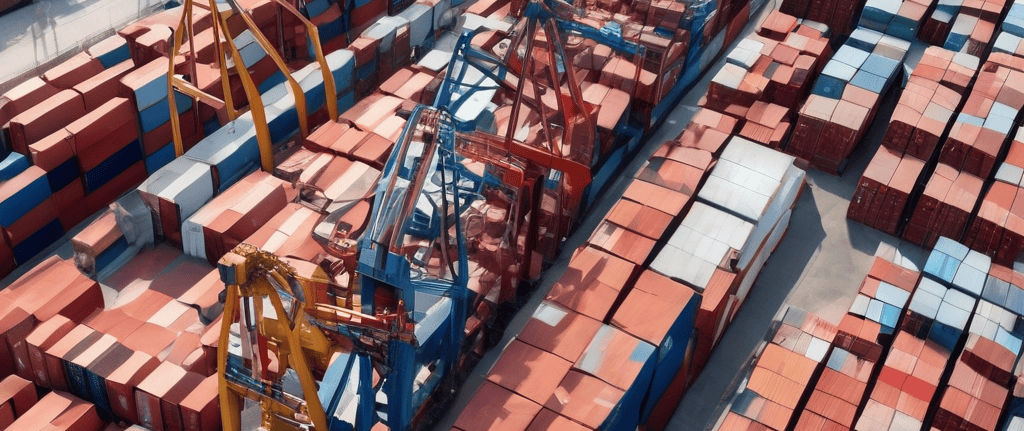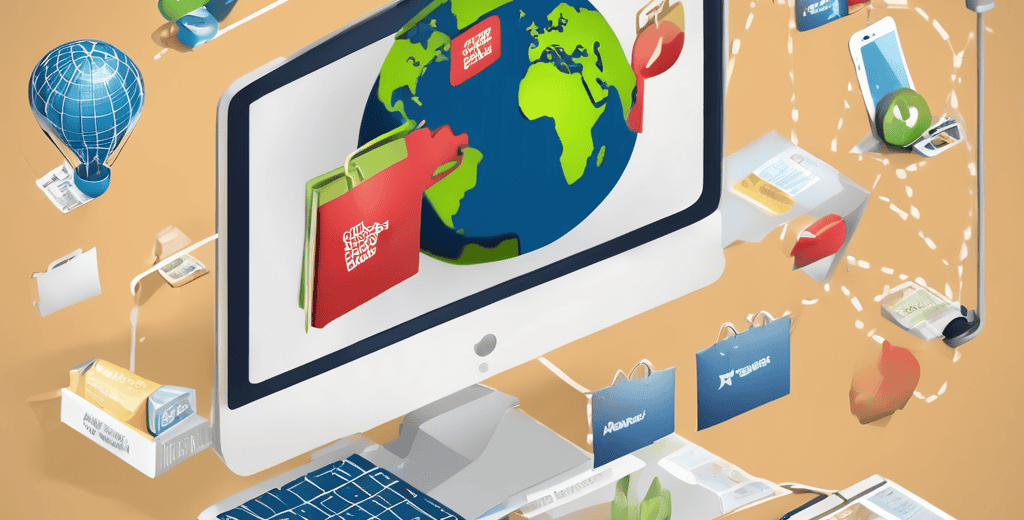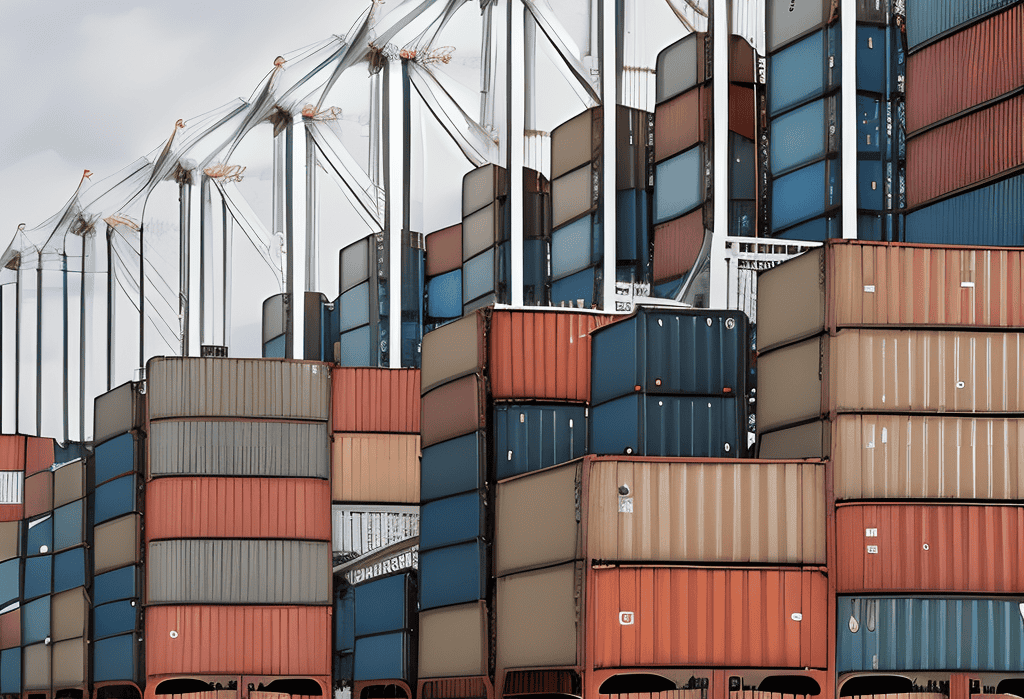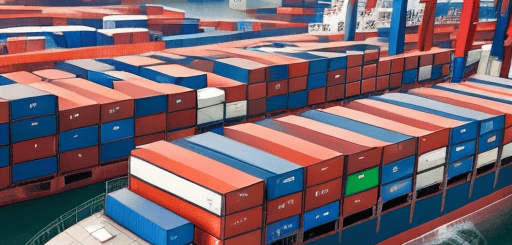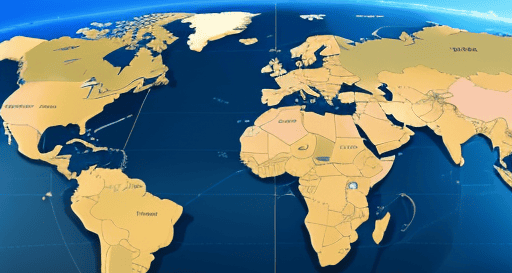In the expansive landscape of global trade, where goods journey across borders to reach diverse markets, international freight forwarders serve as indispensable orchestrators, ensuring the seamless movement of cargo from origin to destination. Let's delve into the pivotal role these logistical experts play in facilitating international trade and optimizing supply chain efficiency.
The Essence of International Freight Forwarding
International freight forwarding encompasses a spectrum of services designed to manage the complex logistics involved in transporting goods across international borders. From coordinating transportation modes to navigating customs regulations and documentation, freight forwarders serve as intermediaries between shippers and carriers, orchestrating the intricate dance of global supply chains.
Key Functions of International Freight Forwarders
Transportation Coordination:
Freight forwarders leverage their expertise and networks to arrange the most efficient transportation modes for cargo, be it by air, sea, road, or rail. They negotiate contracts with carriers, optimize routes, and oversee the entire transportation process to ensure timely delivery while minimizing costs.
Customs Compliance and Documentation:
Navigating the labyrinth of customs regulations and documentation requirements is a daunting task for shippers. Freight forwarders specialize in customs brokerage, managing import and export documentation, tariffs, duties, and compliance with regulatory standards, thus expediting clearance processes and avoiding costly delays.
Cargo Insurance and Risk Management:
International shipments are vulnerable to a myriad of risks, from theft and damage to natural disasters and geopolitical instability. Freight forwarders offer cargo insurance options and risk management services to protect shippers' interests, providing peace of mind and financial security in the event of unforeseen incidents.
Supply Chain Visibility and Tracking:
In today's interconnected world, real-time visibility into supply chain operations is paramount. Freight forwarders utilize advanced tracking technologies and digital platforms to provide shippers with insights into the status and location of their cargo throughout the transportation journey, enabling proactive decision-making and mitigating risks.
Advantages of Partnering with Freight Forwarders
Expertise and Industry Knowledge:
Freight forwarders possess specialized knowledge of international trade regulations, shipping routes, and logistical best practices. By leveraging their expertise, shippers can navigate complex global supply chains more effectively, optimize transportation costs, and minimize compliance risks.
Efficiency and Cost Savings:
Outsourcing logistics to freight forwarders streamlines supply chain operations, allowing shippers to focus on core business activities. Freight forwarders optimize transportation routes, consolidate shipments, and negotiate favorable rates with carriers, ultimately reducing shipping costs and enhancing operational efficiency.
Global Network and Reach:
Freight forwarders maintain extensive networks of carriers, agents, and partners worldwide, enabling seamless transportation of goods to virtually any destination. This global reach facilitates market expansion, supports just-in-time inventory management, and enhances supply chain resilience in the face of disruptions.
#FreightForwarding #GlobalTrade #LogisticsManagement #SupplyChainOptimization #CustomsCompliance #RiskManagement #SupplyChainVisibility #InternationalShipping #BusinessStrategy #TradeFacilitation
Read more views



























